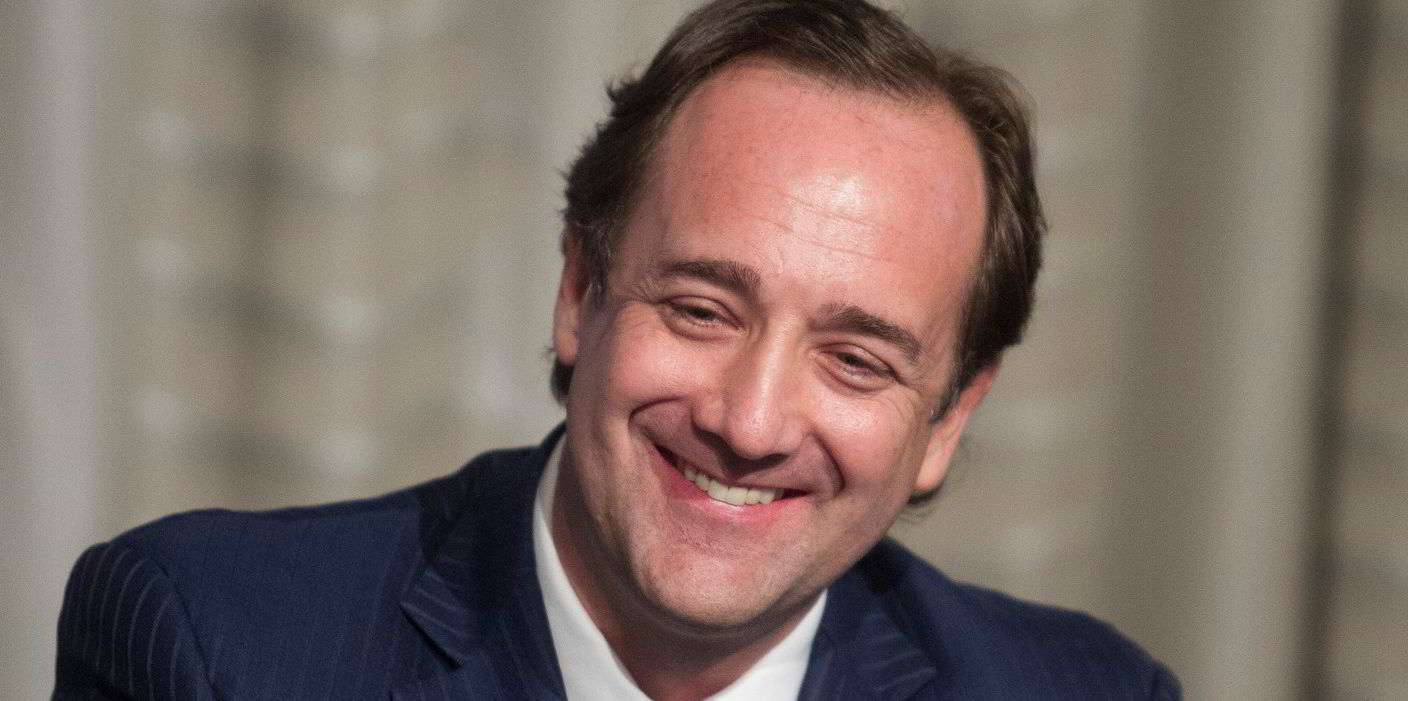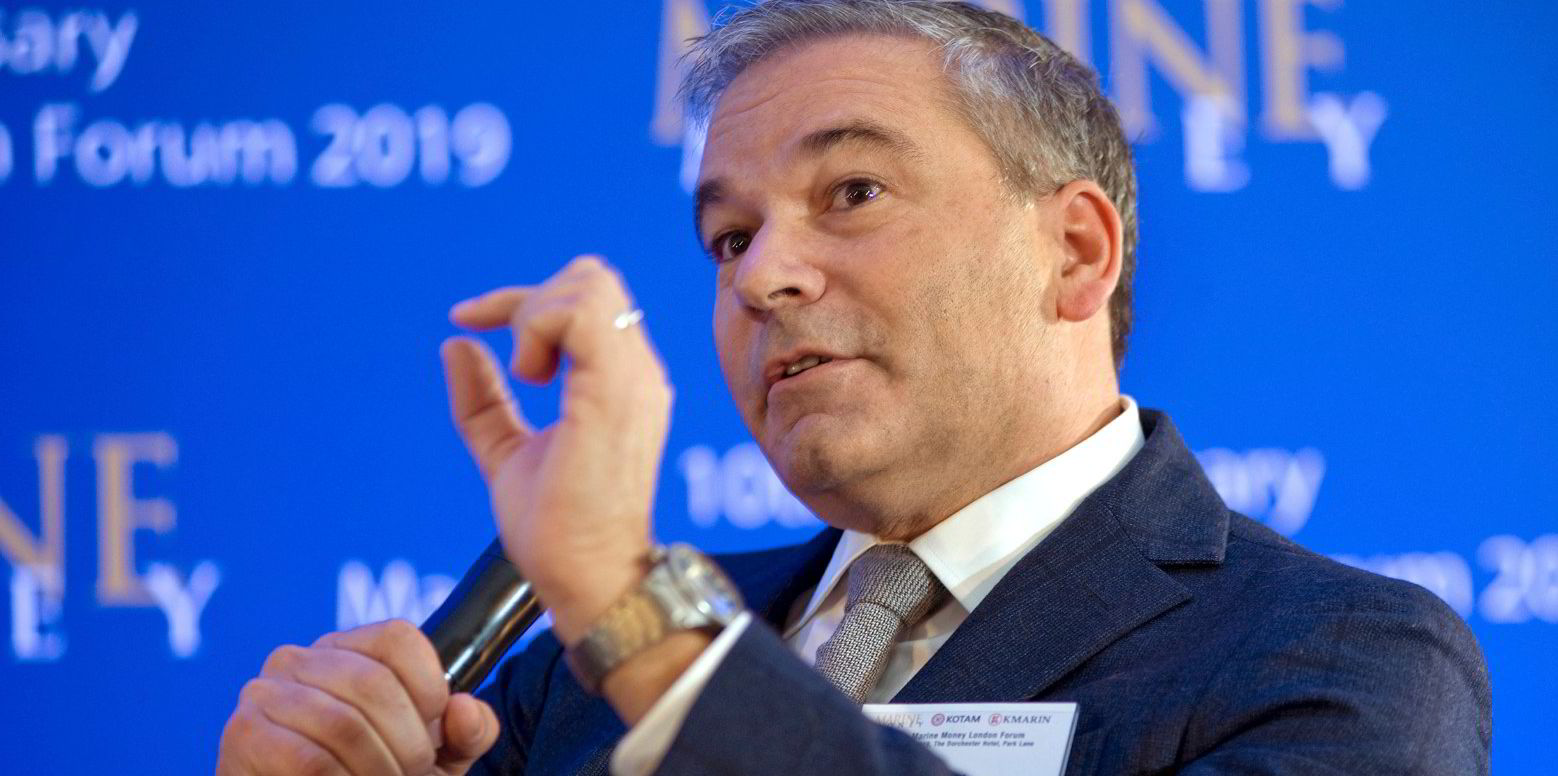Gary Vogel knew the question was coming. He even said so.
"I'm not surprised it's the first question out of the box," Vogel said after Jefferies lead shipping analyst Randy Giveans asked him about instituting a shareholder dividend.
But that did not mean Vogel was ready to say "yes". And in the end he essentially danced around the query as he has for several months now amid an escalating dry bulk market that had just delivered Eagle Bulk Shipping's strongest quarter as a public company.
"Returning capital to shareholders has been a clear goal of mine and the company since we restructured the balance sheet in 2016 when I joined," Vogel said.
"Having said that, it's really important that when we do something like a dividend policy we have clear visibility. And I think we’re in a situation now where there is clear visibility, but it needs to be both meaningful and sustainable."
Translation: not yet.
Vogel recounted how Eagle has acquired nine ships since November, has watched them appreciate in value and has put minimal debt on the additions in a bid to de-lever Eagle's balance sheet. Three remain to be delivered.
"So we've been focussed through these deliveries on strengthening the balance sheet and de-levering. Once we finalise these deliveries, I think that with clear visibility and strong cash flows we’ll be in a position to substantively address capital allocation whether that’s share buybacks or dividends."
And then Vogel pivoted from the discussion with a line he has used several times in recent months.
"I'll end it with 'watch this space'," he said.
The numbers show Eagle produced adjusted net income of $40.3m or $3.31 per share, reflecting the best Ebitda since it went public in New York in 2005.
The owner of supramax and ultramax bulkers recorded time-charter equivalent (TCE) rates of $21,580 per day, its best in 11 years.
But it has bettered that number in the current quarter, reporting TCE of $28,300 per day as of Thursday, with 75% of available days booked.
Amid the bumper-crop results, Eagle has watched New York-listed dry bulk peers Genco Shipping & Trading and Star Bulk Carriers institute or return to policies aimed at paying out a large percentage of their free cash to shareholders as dividends.
Not surprising, then, that analysts would have questions.
"Looking ahead, we expect [Eagle] to prioritize returning capital to shareholders and will likely look at share repurchases and/or instituting a dividend policy following the delivery of the final three vessels in the coming months," Giveans said in a client note following his dialogue with Vogel.
Eagle's liquidity position has strengthened to $139.8m after the second quarter, up from $119.7m one year ago, noted analyst Liam Burke of B Riley Securities in a client note.
"Eagle's liquidity position should continue to improve with strong free cash flow driven by a healthy spot rate environment. Eagle has successfully grown its fleet while not significantly increasing the financial risk of the firm," Burke wrote.







